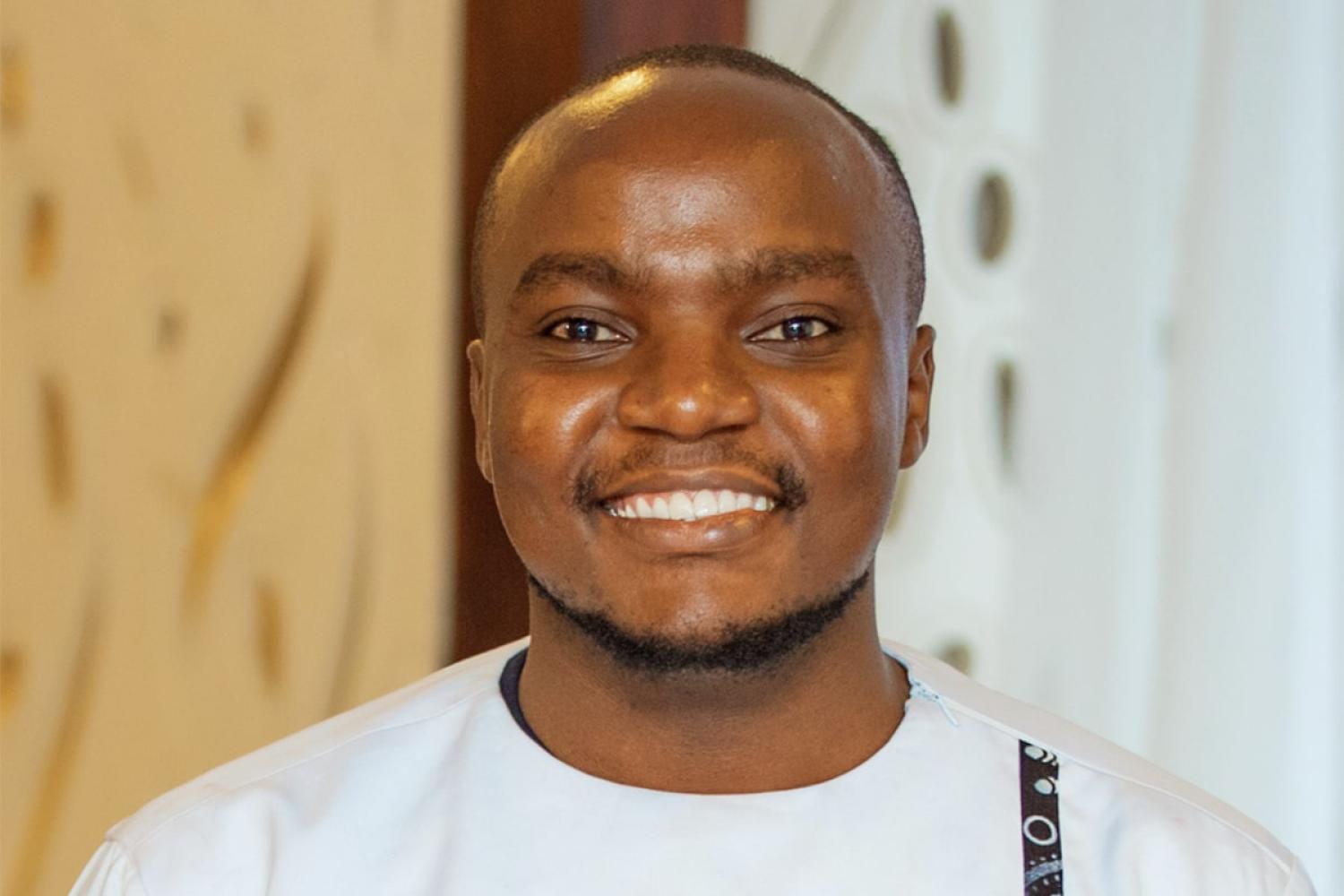2 July 2025

In early 2022, I made a bold career pivot—from working as an electrical engineer in East Africa to diving headfirst into management consulting. Over nearly three years, I had the privilege of working on high-impact projects across Sub-Saharan Africa. I helped businesses in agriculture, energy, and manufacturing secure funding in West and Southern Africa, supported East African startups in refining their operational and growth strategies, and partnered with development finance institutions (DFIs) and impact funds driving growth on the continent.
No matter the project, one theme kept surfacing: climate change. Most clients were grappling with how to grow sustainably while navigating increasing climate risks. It became clear that climate finance wasn’t just a niche concern—it was a critical priority for economic development.
Africa is rich in potential. With a median age of just 19 and one of the fastest-growing populations globally, the continent is poised to drive future demand for goods, services, and innovation. But this promise is fragile. Climate shocks—like the severe droughts that hamper energy production and agricultural yields, or the catastrophic floods that devastated Kenya in 2024—are threatening infrastructure, livelihoods, and progress.
And yet, hope is far from lost. Across the continent, we’re seeing incredible ingenuity: fintech startups providing climate insurance to smallholder farmers, and businesses rolling out irrigation systems on pay-as-you-go models. These are promising solutions—but to scale them, we need far more investment in climate mitigation and adaptation. That’s where finance—and people trained to structure it—comes in.
That realisation drove me to apply for the MSc in Climate Change Finance and Investment at the University of Edinburgh. I wanted to be part of the solution—to help mobilize capital for climate-smart projects and shape financial tools that work in the African context.
Now, nine months into the program, I can confidently say it’s been a transformative journey. I’m part of a vibrant, international cohort with students from 25 countries. Our class discussions are rich with insights and practical ideas from around the world. The academic team is world-class. Some of our lecturers have shaped major policies like the EU’s Green Taxonomy, Carbon Border Adjustment Mechanism (CBAM), and Emissions Trading Scheme (ETS), while others bring cutting-edge expertise in carbon accounting, climate risk, and infrastructure finance – topics deeply resonant to the African context.
The program also provides invaluable exposure to the guest speakers who are shaping the future of climate and energy finance. I vividly recall a day this past March that began with insightful perspectives on global energy policies from Charles Hendry, the former UK Energy Minister, and concluded with a deep dive into macro-investing led by Max Macmillan, Head of Macro Investment at Aberdeen Investments. We've also had the privilege of engaging with Owen Hewlett, Chief Technical Officer at the Gold Standard Foundation – just one of the many high-profile guest speakers who are actively shaping the global discourse on the voluntary carbon markets.
What’s even more valuable is the broader ecosystem the University of Edinburgh offers. Through the eight-month Edinburgh Award in Global Employability programme offered by the business school, I’ve been developing essential soft skills like public speaking and interpersonal communication—critical for future leadership roles. Simultaneously, the university's dedicated hub for innovation, Edinburgh Innovation Centre, offers comprehensive entrepreneurship training and a remarkable free incubation program accessible to students for up to two years after graduation. This is an invaluable resource for aspiring African entrepreneurs looking to build impactful, climate-focused ventures, both during and after their studies.
Of course, none of this would have been possible without financial support. I’m fortunate to be part of the Mastercard Foundation Scholars Program at the University of Edinburgh, a program that provides full scholarships to promising African students to pursue their master’s degree at the University of Edinburgh. Applications typically open in the fourth quarter of the year—and I encourage anyone interested to keep an eye on the program’s website.
I genuinely hope to see more African students join this program. The continent needs bold, capable leaders who understand both climate risk and the financial mechanisms to address it. With the right skills, networks, and opportunities, we can turn climate challenges into engines of growth and resilience for Africa.

Jason Gikonyo
Student from the University of Edinburgh Business School MSc in Climate Change Finance and Investment, and a Mastercard Foundation Scholar